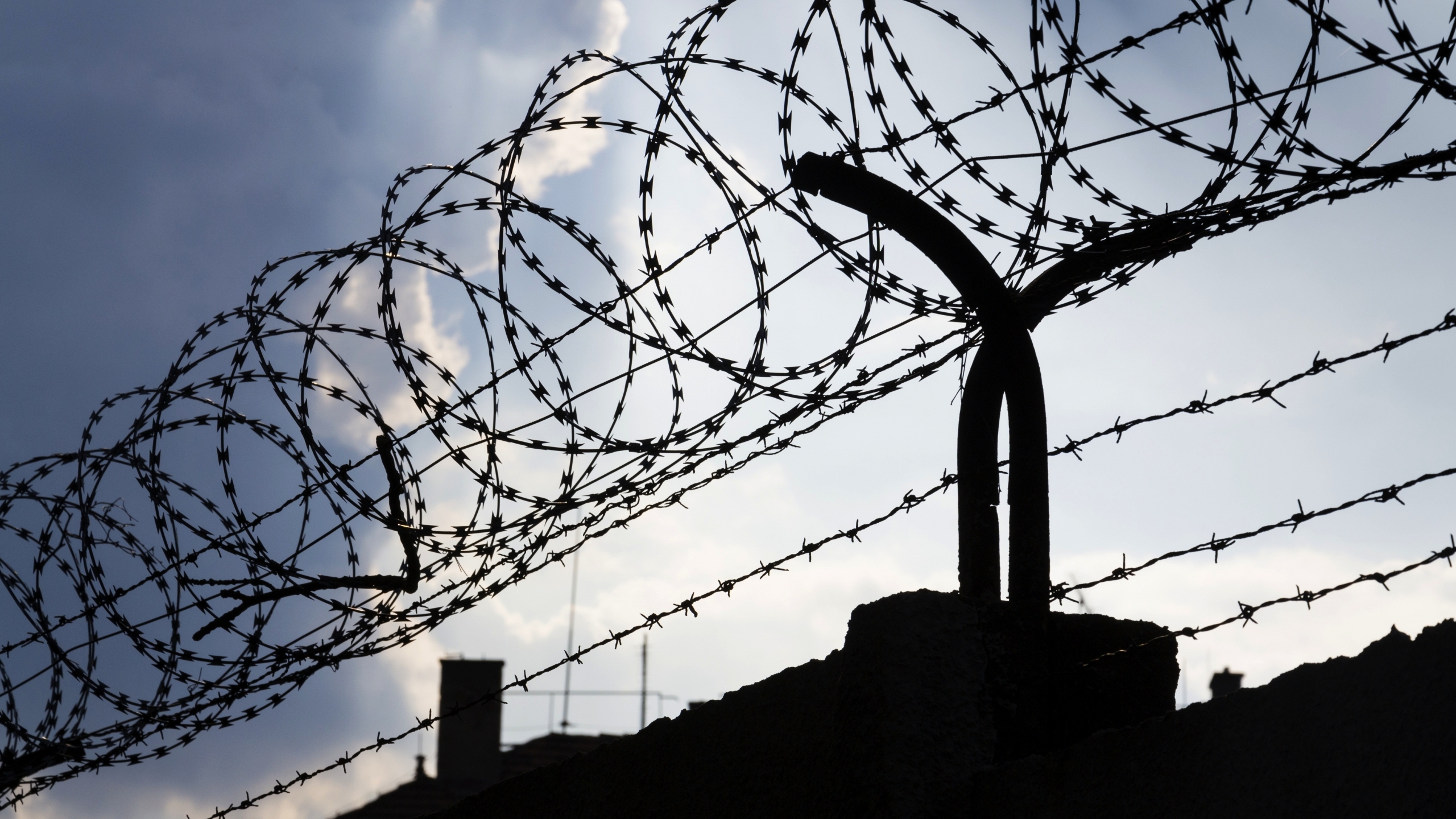Alabama House Minority Leader Anthony Daniels, in reaction to Gov Kay Ivey on Friday informing lawmakers she’ll set a special session to debate prison construction to start Sept. 27, explained that without other measures on the table to address the state’s deadly prison crisis, he won’t support construction.
“If there’s no reform measures, I cannot and will not support any construction,” Daniels told APR.
Alabama Republicans will need Democratic support if they’re to pass a prison construction bill during the special session, which Ivey set to begin Monday, Sept. 27, according to a letter Ivey sent to lawmakers Friday.
A draft of the bill lays out a plan to build a specialized 4,000-bed men’s prison in Elmore County, another 4,000-bed men’s prison in Escambia County, a new women’s prison and renovations to four existing prisons. A bond issuance of up to $785 million would pay for phase one of the planned construction, which includes both new prisons for men.
Phase two comprises of construction of the new women’s prison, to replace the Julia Tutwiler Prison for Women, and renovations of prisons in Limestone and Jefferson counties, and renovations of one prison in either Barbour or Bullock counties.
Lawmakers are also hopeful the state can use $400 million in federal CARE Act funds to help pay for prison construction.
The U.S. Department of Justice in December filed a federal lawsuit against the state of Alabama and the Alabama Department of Corrections, alleging violations of inmates’ constitutional rights to protection from prisoner-on-prisoner violence, sexual abuse and excessive force by prison guards.
In previously released reports, the Justice Department detailed systemic problems of abuse from guards, corruption, rampant drug use, violence, overcrowding and understaffing in Alabama’s prisons. The DOJ in those reports states that while new prison facilities might help in some areas, new buildings won’t fully address the state’s widespread, deadly problems in its prisons.
A rash of preventable deaths in Alabama prisons over the summer, many of which appear to be drug overdoses, highlight the DOJ’s concerns.
Ivey in May signed into law several criminal justice reform bills, some of which were products of Ivey’s criminal justice study group, formed to draft legislation aimed at resolving Alabama’s longstanding and deadly prison crisis.
While the study group’s recommendations, released in January 2020, did include suggestions on spending and ways to reduce recidivism, the group declined to take up more substantive sentencing reform measures.
Ivey’s criminal justice study group declined to take up legislation to repeal the state’s Habitual Felony Offender Act, which reform advocates say is an antiquated sentencing law that sends far too many people to lengthy prison sentences.
Alabama prisons rank fourth-highest in the nation for the percentage of incarcerated people who are serving either life without the possibility of parole, life with the possibility of parole or sentences of at least 50 years, according to a February report by The Sentencing Project.
Senate President Pro Tem Greg Reed, R-Jasper, said in a statement Friday that if lawmakers don’t act, the federal government could take control of Alabama’s prisons.
“The Governor is calling this special session to address an issue that has hung over the head of our state for decades. The Governor, along with House and Senate leadership, have worked together to develop a plan to finally tackle this problem once and for all, and to do so in a fiscally-conservative manner,” Reed said. “The stakes are high – without taking action on this issue, the federal government could take control of our prison system at a high cost to Alabama taxpayers, and could even result in the forced release of prisoners. It’s time to finally resolve this issue for the people of Alabama.”
















































